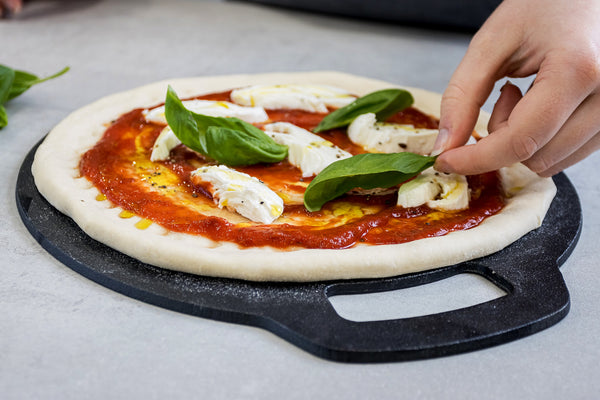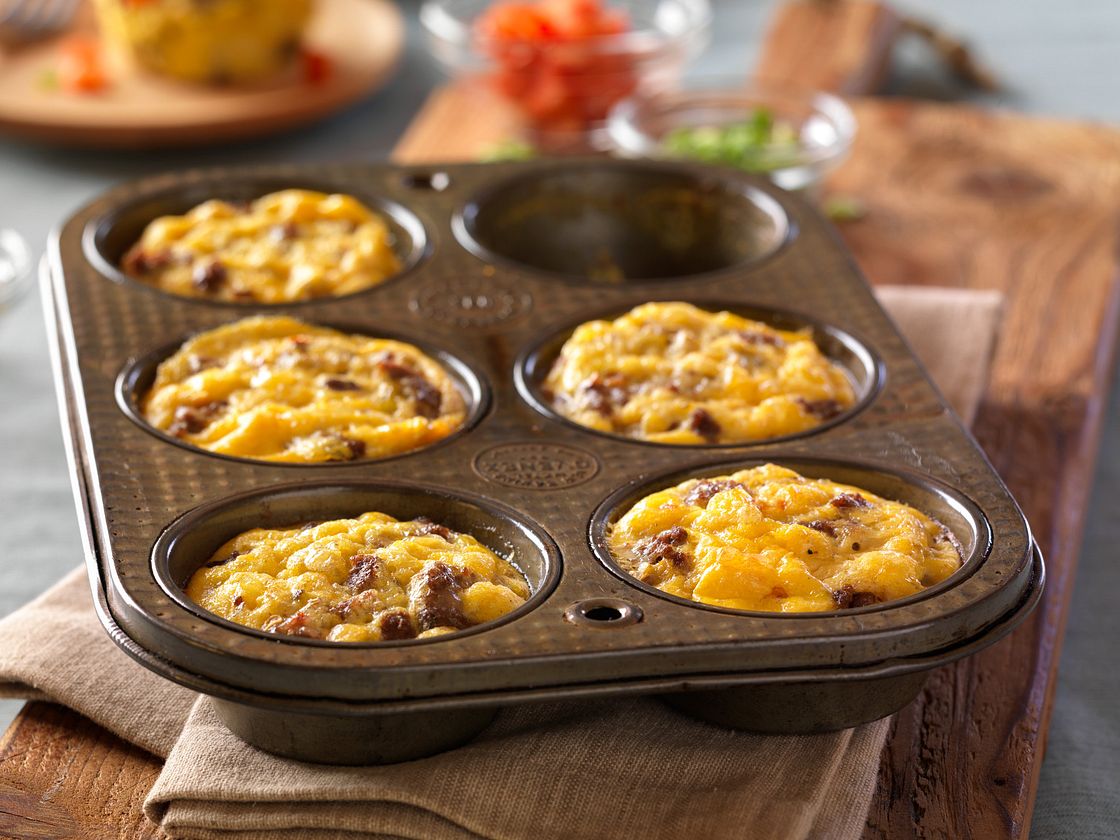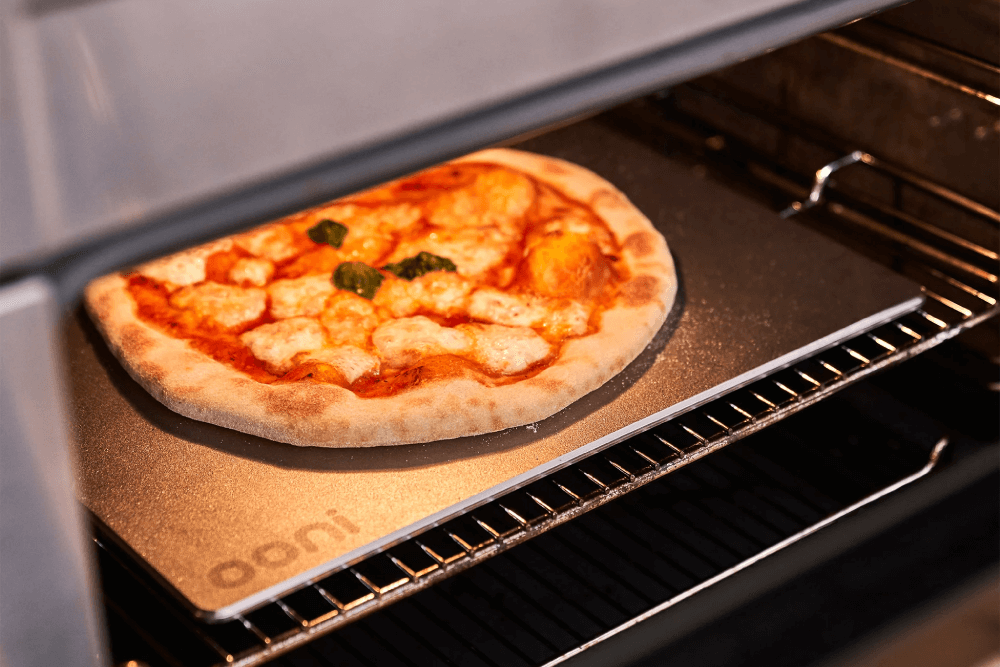In the world of professional baking and cooking, having a well-prepared and maintained baking stone is vital for achieving culinary perfection. Whether you're simmering in the art of pizza making or baking artisanal bread, understanding the nuances of seasoning a baking stone could be your secret weapon.
Culinary perfection doesn't happen overnight. It's a craft that demands assiduous attention to detail and a willingness to experiment. So why does seasoning a baking stone matter so much? It enhances thermal efficiency, ensures even cooking, and prevents dough from stickingall crucial benefits for a busy kitchen professional aiming for excellence.

The Basics: What is a Baking Stone?
A baking stone is more than just a slab of material. Crafted to distribute heat evenly, these stones are designed to transform your oven into a haven for baking. They provide the essential heat retention that results in the perfect crust and a texture that seduces the senses.
Many chefs have their brand preferences, but understanding the material composition is essential. Popular types include ceramic, cordierite, and the sought-after soapstone, each offering unique attributes. Familiarizing yourself with these can optimize your selection process.
Understanding Seasoning
Seasoning isn't just for cast iron skillets. Applying a thin layer of oil to your baking stone and allowing it to bake into the surface at a high temperature forms a protective barrier. This process is crucial for avoiding food sticking and prolonging the stone's lifespan.
It's also worth noting that not all oils are suitable. Opt for vegetable oil or flaxseed oil due to their high smoke points and natural cooking properties. These oils will bake into the stone's surface without leaving behind harmful residues.
The Steps to Season a Baking Stone
The artistry behind seasoning a baking stone is akin to a ritual of sorts, involving a meticulous sequence of steps:
- Preheat your oven to 450F (232C) for optimal temperature maintenance.
- Ensure the stone is free of any debris or previous culinary residues.
- Apply a thin layer of high-smoke-point oil on the surface.
- Place the stone in the preheated oven for 1 hour, allowing the oil to synthesize with the stone's surface.
- Turn off the oven, and let the stone cool gradually.
:max_bytes(150000):strip_icc()/pizza-stone-testing-winners-the-original-baking-steel-wdickey-7-63-0eab155b17994dcc94fe89c908bab57d.jpg)
Beyond Baking: Maintenance Tips
Once seasoned, the process of maintaining your baking stone is essential. To ensure the stone remains in pristine condition, neglect dish soapy water. Instead, opt for a brush and water, scrubbing only when necessary to retain the stone's seasoned surface layer.
Over time, your baking stone will develop a darker, richer patinaa testament to its seasoned heritage and your culinary adventures. This darkened hue enhances its non-stick qualities and should not be seen as wear but rather as a badge of experience.
Common Queries About Baking Stones
Can all baking stones be seasoned?
Not all stones require seasoning. Some modern iterations come pre-glazed. Always check the manufacturer's instructions to see if seasoning is necessary.
What if my stone cracks?
Cracks can occur from thermal shock; avoid placing a cold stone in a hot oven or vice versa. Slow temperature changes are the key to longevity.
Can seasonings affect flavors?
Proper seasoning should not impact flavors negatively. Instead, it enhances the cooking experience by preventing sticking.
For more tips on maintaining your kitchen equipment, check out wood cutting board disposal and stain removal from baking stones. Dive deeper into the world of baking with how to use a baking stone effectively.
This article contains affiliate links. We may earn a commission at no extra cost to you.






Leave a comment
This site is protected by hCaptcha and the hCaptcha Privacy Policy and Terms of Service apply.